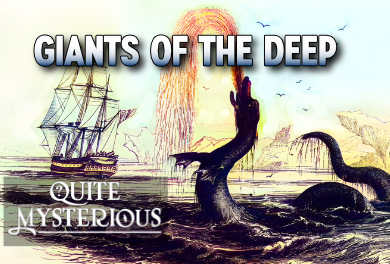Nature & Environment
October 16, 2016 · 4 comments
4 comments

The Great Barrier Reef has been devastated by climate change. Image Credit: CC BY-SA 3.0 Acropora
"This is a fatalistic, doomsday approach to climate change that isn't going to engage anyone and misinforms the public," said coral reef expert Kim Cobb of Georgia Tech.
"There will be reefs in 2050, including portions of the Great Barrier Reef, I'm pretty confident of that. I'm put off by pieces that say we are doomed."
Bleaching occurs when consistently high temperatures cause coral reefs to expel their symbiotic algae - a process which turns them deathly white and from which many do not recover.
While it is true that the Great Barrier Reef has been devastated by climate change, not all of it has been killed off and there is a chance that some of the affected areas could eventually recover.
"I have studied corals off Christmas Island in the Pacific where 85% of them have died, it was a graveyard," said Cobb. "But even there, I was shocked to see remarkable resilience."
"Amid the graveyards of the reefs there were areas that looked like nothing had happened."
Source: The Guardian | Comments (4)
The Great Barrier Reef is not quite dead yet
By T.K. RandallOctober 16, 2016 ·
 4 comments
4 comments
The Great Barrier Reef has been devastated by climate change. Image Credit: CC BY-SA 3.0 Acropora
Scientists have criticized news reports claiming that the world's largest coral reef had 'passed away'.
The furore began a few days ago when newspapers started to publish obituaries for the reef which was said to have 'sadly died aged 25 million years' as a result of 'the most catastrophic bleaching event in its history, from which it would never recover.'"This is a fatalistic, doomsday approach to climate change that isn't going to engage anyone and misinforms the public," said coral reef expert Kim Cobb of Georgia Tech.
"There will be reefs in 2050, including portions of the Great Barrier Reef, I'm pretty confident of that. I'm put off by pieces that say we are doomed."
While it is true that the Great Barrier Reef has been devastated by climate change, not all of it has been killed off and there is a chance that some of the affected areas could eventually recover.
"I have studied corals off Christmas Island in the Pacific where 85% of them have died, it was a graveyard," said Cobb. "But even there, I was shocked to see remarkable resilience."
"Amid the graveyards of the reefs there were areas that looked like nothing had happened."
Source: The Guardian | Comments (4)

The Unexplained Mysteries
Book of Weird News
AVAILABLE NOW
Take a walk on the weird side with this compilation of some of the weirdest stories ever to grace the pages of a newspaper.
Click here to learn more

Support us on Patreon
BONUS CONTENTFor less than the cost of a cup of coffee, you can gain access to a wide range of exclusive perks including our popular 'Lost Ghost Stories' series.
Click here to learn more
Extraterrestrial Life and The UFO Phenomenon
Jokes and Humour
United States and the Americas
Ancient Mysteries and Alternative History
Total Posts: 7,756,337 Topics: 324,326 Members: 203,577
Not a member yet ? Click here to join - registration is free and only takes a moment!
Not a member yet ? Click here to join - registration is free and only takes a moment!































Please Login or Register to post a comment.